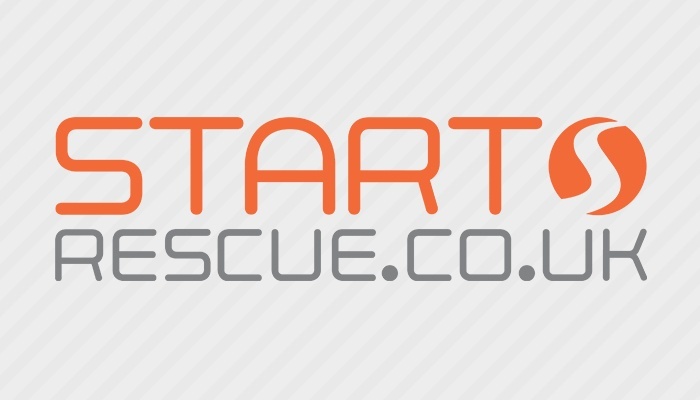
There are signs that Europe’s car makers are about to emerge from their six-year recession, according to leading industry voices.
“The worst is over,” said Ford of Europe's head of sales and marketing, Roelant de Waard, recently. General Motors' chief executive Dan Akerson mirrored this feeling, telling the Detroit News that “sunshine was on the horizon.”
That said, sales for the first half of 2013 are still down by 6.7 per cent compared to the previous six – according to the industry’s trade body, the ACEA. But the contraction is slowing down.
Indeed, Moody’s believes there will be a 3 per cent rise in car sales in 2014.
That’s good news for people in Europe’s car manufacturing industry, and is another sign that economic recovery is on the horizon generally.
But for the average motorist, there are still challenges ahead. Paying for insurance, road tax, maintenance and products such as personal breakdown cover all add up. But the real stinger for many drivers is the continuously rising fuel prices. And these are set to be made worse if the Syrian crisis escalates any further – although at the time of writing, air strikes may be averted.
But on a longer term basis, news that Europe’s carmakers are seeing improvements in sales bodes well. And the Frankfurt Motor Show demonstrates that if times of prosperity return to Europe and the UK, there will be some very exciting cars to buy with our spare cash.
Toyota’s hybrids, Audi’s Sport Quattro, and BMW’s i8 sports car hybrid are all fascinating products that may help bring down the cost of motoring to a more manageable level – and make us all less affected by the intrigues of the oil industry.




